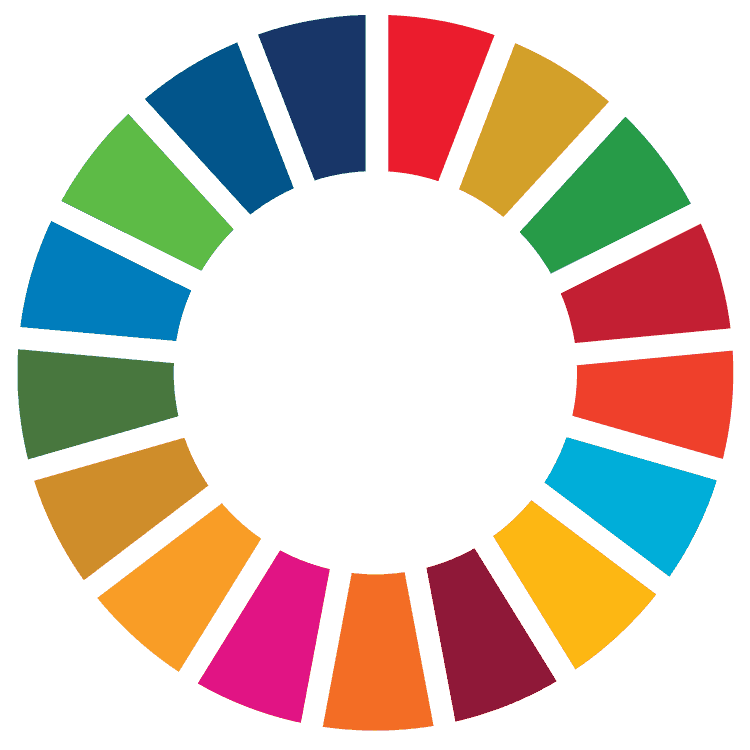The advent of generative AI, the technology behind ChatGPT, GitHub Copilot, and Stable Diffusion, is poised to revolutionise the way agencies operate. According to various studies, this transformative technology could automate nearly 10% of tasks across the economy, with an estimated 75% of its impact concentrated in four areas: customer operations, marketing and sales, software engineering and R&D.
However, the jobs most susceptible to transformation are those at lower levels. Even so, according to McKinsey’s report on generative AI by editorial director Roberta Fusaro, marketing and communications are already among the hardest-hit sectors. Writers, creatives, lawyers, consultants – everyone will need to adapt their work style as generative AI impacts various aspects of their jobs. While it may alter our daily routines, in most cases, it will primarily redefine how we allocate our time.
Generative AI is no longer a futuristic concept; it’s already shaping the work of agency professionals. At APPLE TREE, we’ve been incorporating this technology into our workflows for years, not just for content generation but also for research, analysis, and the overall creative process.
However, it’s important to note that artificial intelligence will enhance our creativity, not steal our jobs. This has been demonstrated in a study by researchers Anil R. Doshi and Oliver P. Hauser, which compared humans working alone on writing short stories with humans employing AI to propose 3-5 possible topics. Once again, AI proved its worth: humans, using AI, produced stories that were deemed significantly more original and captivating than those penned solely by humans. However, there are two noteworthy considerations. First, AI was less beneficial to the most creative people, and in general, AI-generated ideas were found to be more similar to each other than those generated by humans. In sectors such as entertainment, for example, large companies in the industry are looking at the power of this emerging technology that has great potential for productivity gains and increased creative freedom.
This technology has the potential to streamline content creation, accelerate research and analysis, and even assist in generating innovative ideas. However, it’s crucial to recognise that AI is not a replacement for human creativity but rather a tool that can augment and enhance it. As AI’s role in the workplace evolves, individuals must adapt their skills and embrace the opportunities it presents for excellence.
While AI’s impact on the creative advertising process is still evolving, its potential lies in streamlining the initial stages, such as brief creation, research, insights generation, and ideation. This technology can assist in generating precise and realistic outputs, such as sketches and copywriting, while simultaneously demanding a higher level of strategic thinking to anticipate the impact on target audiences.
However, AI’s true potential lies beyond mere automation. It’s about liberating time and resources to focus on higher-value tasks that demand human expertise and creativity. This shift can enable agencies to enhance their strategic thinking, develop innovative campaigns, and forge deeper connections with their target audiences.
A new role for copywriters
The advent of Artificial Intelligence is leading us to rethink our professions. It will force us to reskill, upskill and support to encourage workers to acquire the skills that will allow them to re-enter other growing occupations in our economy.
One of the most significant benefits of generative Artificial Intelligence – which we are already seeing – is that the creative capacity of creative professionals will multiply. We have already relied on this technology for some campaigns at APPLE TREE. However, in our experience handling the ChatGPTs and Claudes of the moment, we have realised there is still a long way to go for these technologies to generate original ideas. Thus, the work of copywriters and strategic planners will still be essential to get the most out of generative AI and not end up replicating campaigns on a large scale.
The Paradigm Shift in Marketing Communication:
In marketing, generative AI is also revolutionising how brands communicate with their audiences. This may be the biggest revolution that marketing managers are facing right now. The arrival of this technology is changing the paradigm in areas such as user experience with new technologies capable of adapting to the personality and needs of each person. A study by The State of AI Marketing 2023, conducted by the US organisation, underscores the immense impact AI is poised to have in the coming year. The study revealed that 64% of marketers believe AI will be crucial for business success, a significant rise from the previous year’s figure of 51%. This growing recognition of AI’s power is evident in the fact that 78% of marketers say that despite the lack of specific training in this area, they are already experimenting with AI.
AI education, the key to demystifying AI
While AI’s transformative impact on the workplace may raise concerns about job displacement, it’s essential to view AI as an enabler rather than a threat. Instead of replacing human expertise, AI should be seen as a tool to augment skills and expand opportunities. This shift in perception requires companies to actively educate their employees about AI’s potential, emphasising its role in enhancing job roles rather than eliminating them. By actively educating and empowering employees, companies can foster a culture of innovation and adaptability, ensuring that their workforce is equipped to thrive in the AI-driven future.
At APPLE TREE, we developed IAN (Artificial Intelligence Novartis), a campaign for Novartis. This campaign utilises a virtual assistant to guide employees through the impact of AI on their work, reducing their fear and encouraging them to embrace AI as a catalyst for personal growth and professional development.
Undoubtedly, generative artificial intelligence will help us better manage the enormous volume of information we handle in all areas, especially in communication and marketing. It will also help professionals generate texts in a faster, even automated, way. According to the Journalism AI study, a project of the London School of Economics (LSE) in the framework of the Google News Initiative, more than 75% of journalists in 105 newsrooms in 46 countries use AI in their work, i.e. in the collection, production and/or distribution of content This technology will free up many professionals for other tasks and new challenges in the field of communication and journalism. AI’s ability to automate tasks and generate content will liberate communicators and journalists from repetitive and mundane work, enabling them to focus on higher-level activities. Instead of simply disseminating news and information, they can engage in deeper analysis, fact-checking, and contextualisation. They can delve into complex topics, uncover hidden truths, and present information in a more nuanced and insightful manner.
As AI’s capabilities grow, so does the challenge it presents to communication professionals: The ability to generate hoaxes and Deep Fakes has introduced a new dimension, requiring communicators to be vigilant in safeguarding their clients’ reputations from a new area, that of disinformation.
At APPLETREE, we’re at the forefront of combating disinformation through real-time monitoring and analysis of conversations and information surrounding brands and companies. This proactive approach allows us to make informed decisions and manage reputations before crises erupt. The evolving landscape of disinformation demands adaptability and creativity from communication professionals. Embracing AI tools while honing human expertise is crucial to navigating the complexities of this ever-changing field and requires a process of reinvention. Are you ready to rise to the challenge?


